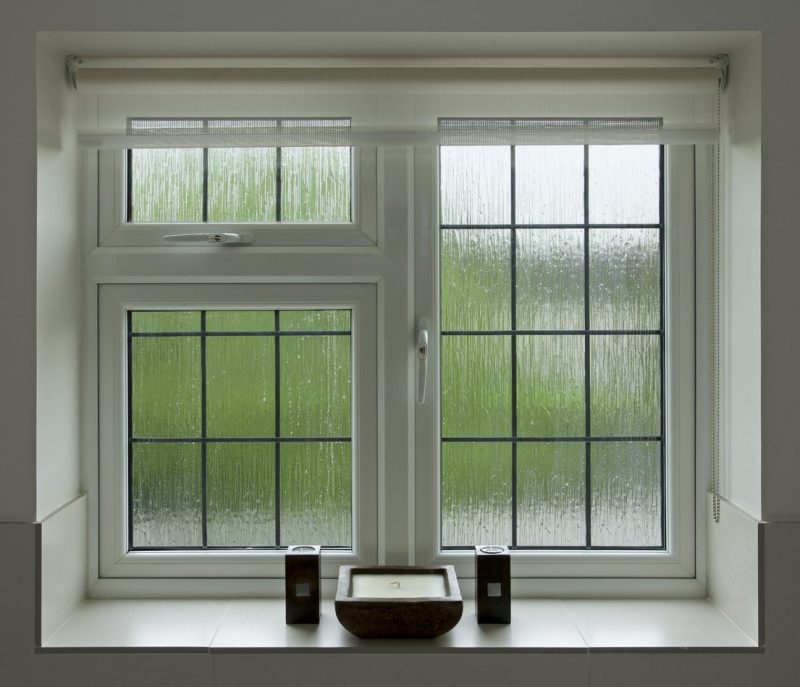All Categories
Featured
Table of Contents
Improve Your Home's Energy Efficiency With Double Glazing in Walliston Perth
That window can transfer more solar heat in winter season than in summertime. A west-facing window on a summer season's afternoon has an angle of incidence from near 0 up to 30 with a large effective location of solar radiation. A north-facing window, in summertime, has a high angle of incidence and a low effective location of solar radiation, so can transfer less heat than a west-facing one.

You can rapidly and quickly enhance the thermal efficiency of your house by changing your windows. This is one of the most effective methods of renovation to accomplish improved thermal convenience. There are countless types of glass and frames to pick from. Picking the right ones is essential to improving the energy performance of your home.
Diy Double Glaze in Success WA
Single glazing with clear glass is not really effective when it comes to heat loss or gain. To enhance efficiency, you can utilize single glazing with a more energy-efficient type of glass such as low emissivity (low-e) glass.
The energy performance of IGUs likewise depends on: the residential or commercial properties of each layer of glass. Different glass types (for example, clear and low-e glass) can be put together in an IGU.
Keep Cool This Summer Without Overusing Your Aircon. in Hilton Western Australia

IGU cavities can be filled with air or a more inert, low-conductivity gas such as argon the width of the cavity. Larger cavities offer lower (better) U values, with 12mm normally accepted as the preferred space how well the cavity is sealed.
If argon is set up to the cavity in place of air, wetness is reliably left out the level of desiccant (drying agent). The spacer (metal or polymer strip) that separates the glass layers consists of a desiccant to absorb any moisture. Insufficient desiccant may cause moisture to condense on the glass surface area in cold conditions, decreasing thermal efficiency.
Keeping Your House Cool In The Summer in Southern River WA
IGUs can deliver better energy performance for all environments, specifically in heated and air-conditioned houses. Cross-section information of single, double and triple-glazing units Low emissivity glass (commonly known as low-e glass) reduces heat transfer. Low-e glass may be either high or low transmission: High transmission low-e glass has a finish that allows daytime from the sun to pass into your home to attain great solar heat gain, however minimizes the quantity of the long wavelength infrared heat that can get away back through the window.
Low-e glass has either a pyrolytic finishing or a vacuum-deposited thin film metal coating. Pyrolytic finishes are resilient and can be utilized for any glazing; vacuum-deposited finishings are soft and are just utilized within IGUs. Low-e finishes can significantly improve both U value and SHGC; nevertheless, they must be used correctly or they will either degrade or fail to perform as needed.
Windows Of Opportunity: Your Guide To High-performance ... in Queens Park WA
Low-e coatings can be utilized in combination with clear, toned or reflective glass. Low-e finishings on glazing can decrease heat transfer where needed Image: Department of Market, Science, Energy and Resources Toned glass has actually colouring ingredients included during manufacture. It is available in various colours, typically bronze, grey, blue and green.
Table of Contents
Latest Posts
Buy Double Glazed Upvc Sliding Doors In Sydney in Bertram Perth
Does Double Glazing Reduce The Heat In Brisbane's Summer? in Darlington Perth
Double Glazed Windows Sydney in Merriwa Western Australia
More
Latest Posts
Buy Double Glazed Upvc Sliding Doors In Sydney in Bertram Perth
Does Double Glazing Reduce The Heat In Brisbane's Summer? in Darlington Perth
Double Glazed Windows Sydney in Merriwa Western Australia